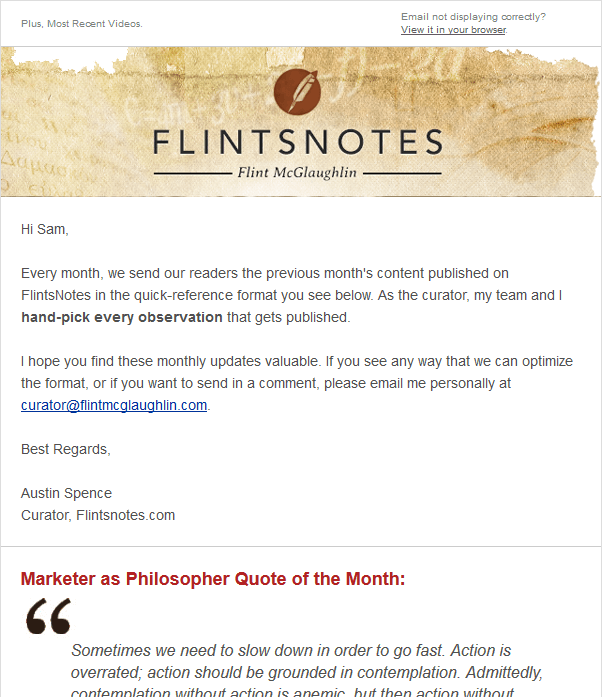I have written lately about management. I recognize its supreme significance in executing on the formula. Nevertheless, I cannot neglect the creative search/expression. As I pray and imagineer, I find my soul breaking into spontaneous worship.
Indeed, I need to at least write a piece on CDE. It would be lovely in the form of a small, easy-to-read book (manifesto). It could be considered missiological.
This concept of missiological grounding opens up a whole new way to approach the research project at Cambridge. One might argue that my entire project is missiological. This causes problems with language.
All of my thinking results with problems with language. I feel like Wittgenstein on a three day drunk. I think that the farther I go the farther I move from sobriety. It’s too hard to tell. Telling is harder than thinking.
But the concept of missiology opens up a whole new window in terms of journals and dialogues. It may be helpful to consider this point: my project feels like theology when it is personal. It feels like missiology, however, when it is collective. Perhaps there is a tenuous connection between strategy in the business school and missiology in the seminary. In any event, all theology is missiology. All missiology is theology. The distinctions between the two are artificial.
One might coordinate missiology with the distribution element (d). One could then connect theology with the content (c) element. Again, though, one is being confused by one’s own words. Language is at once both beautiful and dangerous. I despise its limitations.
Perhaps I am writing a philosophy. Perhaps philosophy would allow for the entire thought umbrella under which I could shelter the rest of the disciplines. This linguistic conundrum is probably not important enough to die for, but it does matter. It determines how I interact with the Academy.

